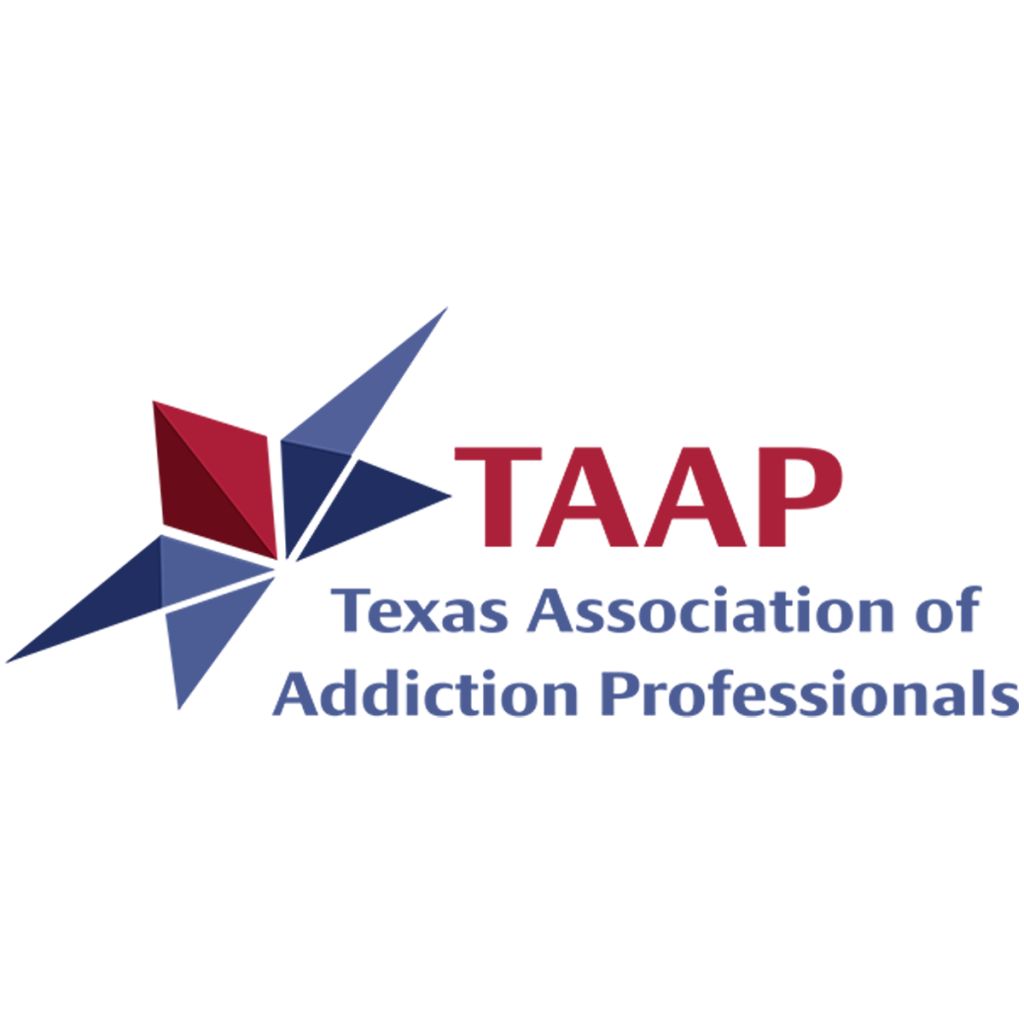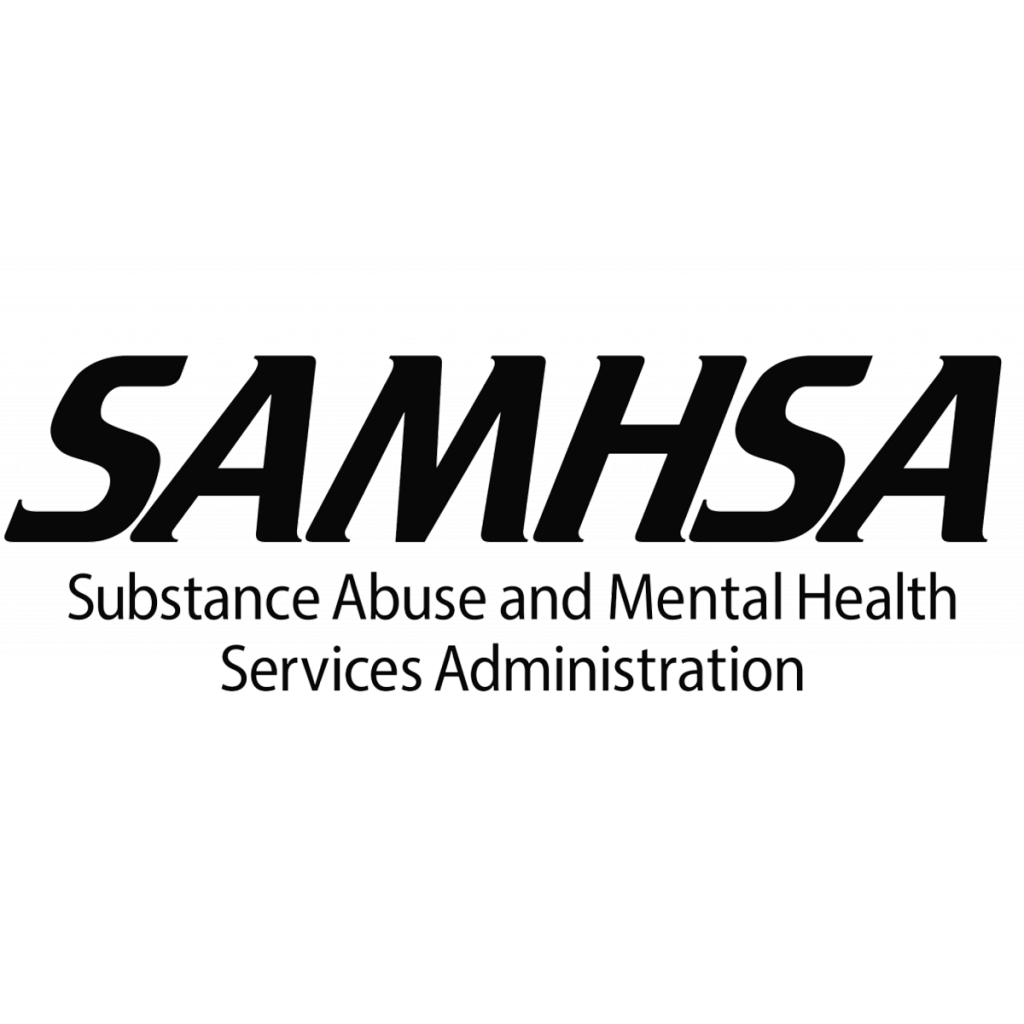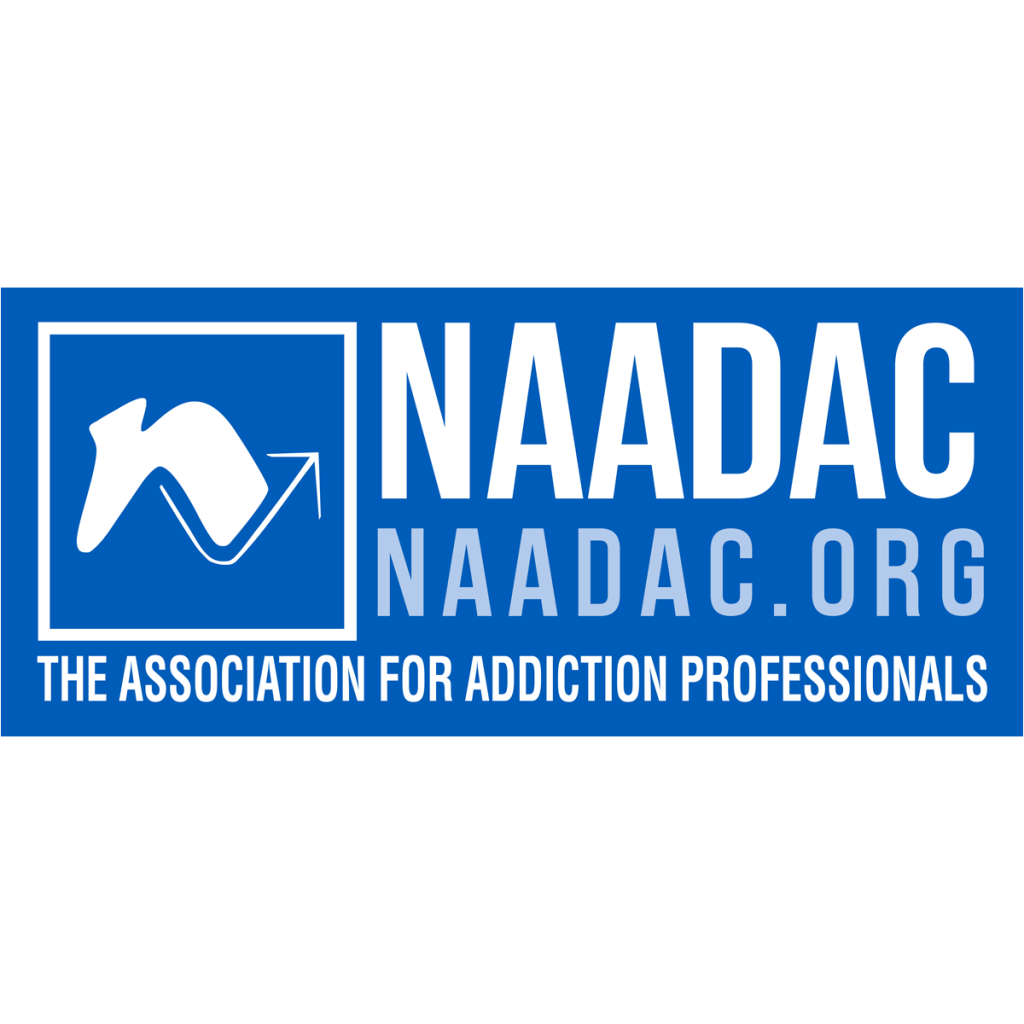Remifentanil
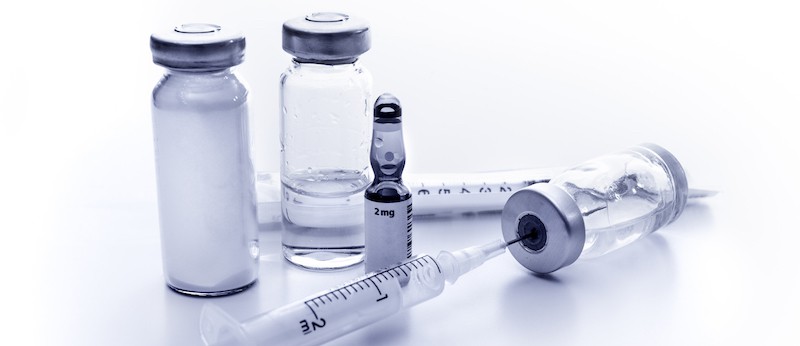
Remifentanil Addiction: Side Effects, Detox, Withdrawal, and Treatment
Table of contents
What is Remifentanil (Ultiva)?
Remifentanil is a powerful opioid medication used to treat or prevent pain during surgery. Doctors also use it to treat patients after they undergo other types of medical procedures. Ultiva is the brand name of the drug.
Healthcare professionals administer remifentanil as an injection into a person’s vein. Typically, healthcare professionals administer it via infusion that’s connected to a pump. That way, the patient gets a slow and correct dose of the medication to provide continuous relief after surgery.
Remifentanil is a powerful drug, and it has the potential to be habit-forming, slow your breathing, or stop it completely. As a result, medical professionals will keep a close eye on your blood pressure, oxygen levels, and other vital signs while you’re on it. It’s intended for short-term pain treatment, so a nurse or doctor will eventually transition you off of remifentanil and onto a different type of pain medication.1
[sc name=”phoneinsurancecta”]
About Remifentanil (Ultiva) Abuse and Addiction
Remifentanil (Ultiva) is classified as a Schedule II substance in the U.S., meaning it has a high risk of causing physical dependence and addiction. Although it’s intended to be administered by healthcare professionals in a medical setting, individuals may divert it for non-medical use.
People who use remifentanil recreationally are much more likely to overdose than those who use other drugs, especially if they mix Ultiva with alcohol or other central nervous system depressants.
Additionally, chronic treatment with prescription opioids like remifentanil can cause tolerance and dependence. Once a person develops a tolerance, they will need more or more potent opioids to achieve the same pain-relieving effects. Someone who is physically dependent on opioids will also experience withdrawal symptoms if they miss a dose or suddenly stop taking the medication.
Although remifentanil is very helpful in certain medical situations, it can be harmful if someone uses it outside of a medical setting. The tolerance, dependence, and addiction caused by opioids are tough to overcome without professional help.
What Are Side Effects of Remifentanil (Ultiva) Abuse?
Side effects of remifentanil abuse are similar to other opioids and include:2
- Slow breathing
- Slow heart rate
- Muscle stiffness
- Light-headedness
If you take too much of a powerful opioid such as remifentanil, you could experience more severe side effects or overdose. Signs of a remifentanil overdose are:3
- Slow, shallow breathing
- Extreme drowsiness
- Cold, clammy skin
- Muscle weakness
- Pinpoint pupils
- Low blood pressure
- Slow heart rate
- Blue/purple fingernails
- Vomiting or gurgling noises
- Limp body
- Coma
If you think a friend or loved one has overdosed on remifentanil, you should call 911 immediately.
What Are the Signs and Symptoms of Remifentanil (Ultiva) Abuse and Addiction?
If someone is taking remifentanil outside of a medical setting, they are likely physically dependent on it. It takes significant effort to get Ultiva for recreational use since it’s only intended to be administered by healthcare professionals in a medical setting.
However, a person will likely show some signs and symptoms if they are struggling with remifentanil addiction. Common signs of opioid addiction include:
- Being unable to control drug use
- Compulsively taking remifentanil or other opioids
- Having cravings and urges to use opioids
- Continuing to use opioids despite the harm it’s causing
- Feeling like you need opioids to function normally
- Requiring larger or more frequent doses of opioids to achieve the same effects
- Seeing multiple doctors to get prescription opioid drugs
- Losing interest in typical hobbies or activities
What Are Remifentanil (Ultiva) Withdrawal Symptoms?
If you are physically dependent on remifentanil, you may experience uncomfortable withdrawal symptoms if you miss a dose or try to stop using it. Since healthcare professionals administer Ultiva in a hospital setting, doctors or nurses will help taper you off of it, so you avoid the worst withdrawal symptoms. However, if you’re abusing it recreationally, you’ll need to get professional help to detox. Otherwise, you could suffer from very uncomfortable withdrawal symptoms, like:4
- Muscle pain
- Backaches
- Joint pain
- Restlessness
- Watery eyes
- Yawning
- Runny nose
- Excessive sweating
- Chills
- Dilated pupils
- Irritability
- Anxiety
- Insomnia
- Abdominal cramps
- Nausea and vomiting
- Loss of appetite
- Diarrhea
- High blood pressure
- Fast breathing
- Increased heart rate
Can You Just Stop Taking Remifentanil (Ultiva)?
No, if a doctor prescribed remifentanil in a medical setting, you should not just stop taking it. Typically, a doctor or nurse will help you taper off it before putting you on a different medication to help you manage your pain.
In contrast, if you’ve been misusing remifentanil outside of a hospital setting, you should seek professional help to stop using it. Although you can try to quit cold turkey, you’re more likely to experience severe and long-lasting opioid withdrawal symptoms. With a medical detox program, treatment professionals can taper you off Ultiva gradually, so your withdrawal symptoms are less severe.
How Long Does it Take for Remifentanil (Ultiva) to Get Out Of Your System?
Some people only need a few days to complete a detox program, while others need more time. The amount of time it takes for remifentanil to get out of your system will vary depending on several factors.
Each person’s unique physiology will affect how long it takes to process a substance like remifentanil and how long withdrawal symptoms last. Some of the most significant factors that contribute to the timeline are:
- The frequency and size doses taken
- The duration of remifentanil abuse
- Whether a person took any other drugs with remifentanil
- Genetics and metabolic rate
- Organ function
- Hydration
How Can I Stop Using Remifentanil (Ultiva)?
If you’re addicted to remifentanil but want to get sober, seeking professional help is often the best and safest way to do it. Quitting opioids on your own is difficult. Not to mention, uncomfortable withdrawal symptoms can make it feel impossible.
Often, a remifentanil detox program is the first step to sobriety. Detox centers provide medical treatment for opioid withdrawal symptoms and clinical support for psychological symptoms like depression and anxiety. In remifentanil detox, treatment professionals will closely monitor you round the clock to ensure that you’re comfortable and safe during withdrawal. You’ll also have opportunities to attend group therapy sessions and H&I meetings, where you can learn more about the 12-Step Program and how it works.
After remifentanil detox, your treatment team will provide recommendations for ongoing care, which may include:
- Residential rehab
- Outpatient rehab
- Sober living
- Aftercare
[sc name=”phoneinsurancecta”]
Inpatient Drug Rehab vs. Outpatient Drug Rehab for Remifentanil (Ultiva) Addiction
If you decide to continue your remifentanil addiction treatment after you complete detox, you may choose to attend an inpatient or outpatient rehab program. The type of program you choose will depend on your treatment needs, addiction history, and financial ability. However, here’s a brief overview of the most common remifentanil options:
- Residential rehab: A residential (or inpatient) remifentanil rehab program requires that clients live at the facility while they complete treatment. Depending on the center, the program may range from 30 to 90 days, and high-quality rehab centers use evidence-based treatment methods and therapies. Additionally, most inpatient programs are highly structured. Clients stick to a daily routine that usually includes individual and group therapy sessions, process groups, educational groups, 12-Step groups, mealtime, exercise, and personal free time. Clients typically have minimal access to the outside world, although they may be allowed to have approved visitors. Residential rehab helps clients focus on their recovery by getting rid of most distractions and temptations found in the outside world.
- Intensive outpatient program (IOP): In IOP, clients attend a series of outpatient group meetings for several weeks (usually around eight weeks). During outpatient remifentanil rehab, clients work closely with counselors, recovery specialists, and other addiction treatment professionals to uncover the cause of their addiction and develop strategies to make positive changes in their lives. IOP meetings are flexible and clients can schedule them around work, school, or other responsibilities they may have at home.
- Online IOP: Intensive outpatient programs are also offered online for those who cannot attend remifentanil rehab in person. This online rehab option is ideal for clients who live in a remote location, have health problems that prevent them from attending treatment in-person, or prefer not to participate in person for various reasons.
Whether you choose to attend residential, IOP, or online rehab for remifentanil addiction, you should look for a program that uses proven evidence-based treatment methods, such as:
- Cognitive behavioral therapy
- Contingency management
- Family therapy
- Group counseling and individual counseling
- Specialized therapies like art therapy and music therapy
How Much Does Remifentanil (Ultiva) Rehab Cost?
Remifentanil rehab programs will vary in cost depending on:
- The location
- Amenities
- The type of treatment services offered
- Payment options available
Many remifentanil rehab centers will work with your health insurance provider to lower your out-of-pocket costs for treatment. Some rehab centers may also provide scholarships or accept other forms of payment, such as:
- Employee Assistance Programs (EAP)
- Financed healthcare loans
- Medical credit cards
- HSA funds
What are Continued Care Options for Remifentanil (Ultiva) Addiction?
After you complete a remifentanil rehab program, your treatment team may recommend continued care options like a sober living program or aftercare. These types of programs can help you sustain long-lasting sobriety by providing ongoing sobriety support, accountability, and remifentanil addiction treatment services.
Sober Living Programs
Sober living homes are safe, structured homes that provide sober housing for men, women, and LGBTQ+ individuals in recovery. Sober homes may be single-family homes or apartment complexes, but many of them offer the option for residents to have a private room if they wish. However, most often, rooms are shared among the residents.
Most sober living homes also offer recovery support services to help residents gradually assimilate back into society after rehab. Examples of recovery support services include:
- Regular drug testing
- Employment assistance
- Educational planning
- Individualized recovery programming
- Certified peer recovery support program
The cost of a sober living home can vary greatly depending on factors like the home’s:
- Location
- Amenities
- Room options
- Recovery support services offered
However, payment is usually collected monthly (similar to rent).
Aftercare Programs
Aftercare is ideal for people in long-term recovery from remifentanil addiction and who have already completed detox and rehab. Aftercare offers regular weekly meetings where individuals can check in with their peers and treatment professionals. Treatment professionals host these at a safe, clinical location where clients can feel comfortable talking and sharing in a private and supportive setting. Aftercare meeting discussion topics range from relapse prevention to triggers, personal problems, relapse, and more.
Get Help for Remifentanil (Ultiva) Addiction Today
Remifentanil addiction is a severe and life-threatening condition. If you need treatment for opioid abuse, help is available now. Please call (512) 605-2955 or contact us online today to get started.
References:
Nova Recovery Center offers a large range of substance abuse treatment services: detox, residential, outpatient and sober living.
Treatment Options
Treatment Locations
Call Us Now and Begin Healing at (512) 605-2955
Or text us and we will call you right back.
Not quite ready for a call? You can fill out the form below.
What Makes Us Different
- Gender-specific treatment
- Evidenced-based treatment
- 12-Step immersion
- 90-day residential treatment
- Family program
- Full continuum of care
- Insurance and private pay
100% Confidential Guarantee
Confidential Consultation
Nova Recovery Center is dedicated to helping you or your loved one get help. Please call or fill out this form for a confidential consultation.
One of our understanding, dedicated advisors will contact you about your options. Begin healing today.
Nova Recovery Center is dedicated to helping you or your loved one get help. Please call or fill out this form for a confidential consultation. One of our understanding, dedicated advisors will contact you about your options. Begin healing today.


